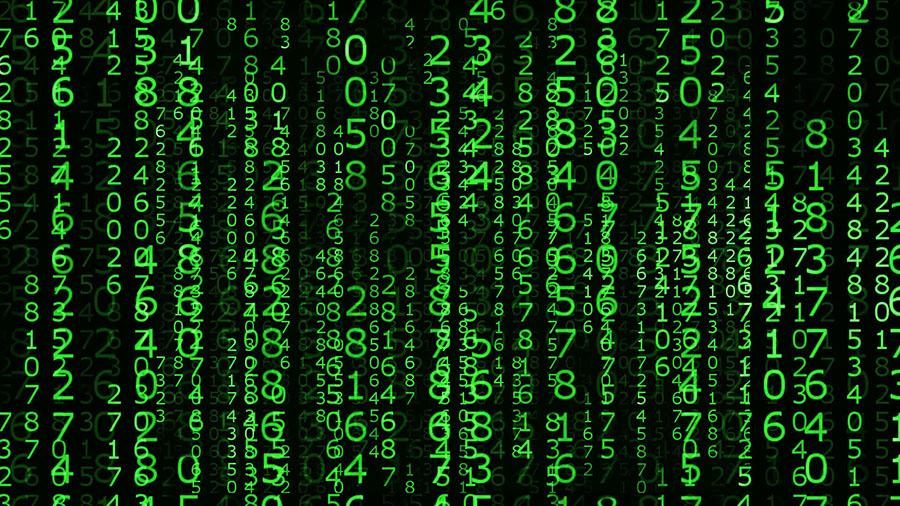Myth or Fact: The Mandela Effect
In this issue of Myth or Fact?, senior staff reporter Klaire Johnson investigates the claims behind the Mandela Effect.
Despite what you make think, the Mandela Effect has nothing to do with the designs people draw on their papers when they’re bored. The effect occurs when the majority of people incorrectly recall something in the same way with the same details. What our memories recall is different than what is in history books, archives, newspapers, etc. The Mandela Effect differs from a false memory in that rather than a single person, it affects a large group of people that have no relation to each other.
According to debunkingmandelaeffects.com, “Many Mandela Effects are usually trivial details about an oddly specific set of categories. These include things such as the how and when of celebrity deaths, misspellings, placement of geographical locations, quotations within media, or alternate imagery.”
The first recorded “misremembering” had to do with how many people vividly remembered Nelson Mandela’s brutal death in a South African prison in the 1980s, something that never happened. Since that event, there have been many people researching the topic to come up with possible causes. It is unclear who came up with the idea, but Fiona Broome claims to be the first to have discovered the Mandela Effect.
Examples of the Mandela Effect Include:
* “Chic-fil-a” is actually “Chick-fil-a”; “Berenstein Bears” is actually “Berenstain Bears.”
* In “Snow White and the Seven Dwarfs,” the evil queen never says “Mirror, mirror on the wall.” It is instead “Magic mirror on the wall.”
* In “Star Wars: Empire Strikes Back,” Darth Vader never says “Luke, I am your father.” He says, “No, I am your father.” (Over 40 more examples can be found here.)
There have been many theories relating to the causes of this phenomenon, including parallel universes/alternate memories, a glitch in the matrix, confabulation, the idea that memories are piecewise and simply the fact that our brains remember things in ways that are easiest to process. According to

A common case of the Mandela Effect is Chic-fil-A vs. Chick-fil-A spelling.
space.com, the idea of parallel universes can be understood as our universe having alternate timelines. The website refers to sci-fi movies, such as Star Trek, to explain the idea. Because of this, I don’t have much faith that it is a real possibility. There are multiple theories for the existence of parallel universes, but there is little proof. This idea is hypothetical, mostly used in science fiction or fantasy.
Next, I researched what a glitch in the matrix is because to me, it sounds like something that came out of a sci-fi movie. According to sixpenceee.com, a glitch in the matrix can simply be defined as something that proves that something isn’t right in the world or to you. I take it as a personalized Mandela Effect- remembering a personal event that never actually happened. Basically, it’s a fancy way of saying you thought something happened, but you were probably just dreaming.
I then looked into the idea of confabulation. According to Dictionary.com, confabulation is, “The replacement of a gap in a person’s memory by a falsification that he or she believes to be true.” On the website, the word is linked to the word “psychiatry,” which is where I then concluded that confabulation has nothing to do with the Mandela Effect because confabulation has to do with replacing a memory due to a mental illness.
The next possible cause that I researched was the idea that memories are piecewise. Snopes.com describes piecewise memories as memories that are linked together from previous events and prior associations. It is also the idea that memories can be distorted due to many things, though the most common is prior associations.
The last possible cause that I researched was the idea that our brains remember things in ways that are easiest to remember and process. According to ahistoryofmystery.com, we perceive things incorrectly for easy processing. For example, many people may remember “Berenstain Bears” as being “Berenstein Bears” because words more commonly end in “-ein” than they do “-ain.” Logically, this solution makes the most sense. It also closes some gaps that were left by the idea of piecewise memories.
In conclusion, many of the possible causes of the Mandela Effect are hypothetical and sound like they’re from the script of a science fiction movie. Even though it would be cool for our world to have multiple realities, it hasn’t been proven. Until then, it’s probably safe to say that our brains just break things down to the simplest form and link things with prior associations.
So, is the idea that our world is like a sci-fi movie a myth or a fact? Definitely a Myth.
























